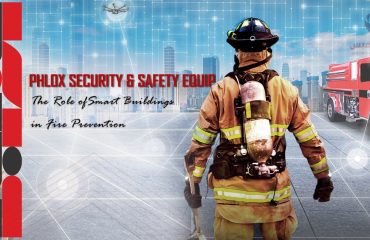
Why Firefighting Kitchen Hood Systems Are Essential for Restaurant Safety
Running a restaurant involves more than great food and service—it also means prioritizing safety. One of the biggest risks in any commercial kitchen is fire, often caused by high heat, grease buildup, and open flames. That’s why firefighting kitchen hood systems are a must-have in restaurants.
What Is a Kitchen Hood Fire Suppression System?
A kitchen_hood fire suppression system is installed above cooking appliances like grills, fryers, and stoves. Its main job is twofold: to ventilate smoke and heat, and to automatically detect and extinguish fires. The system uses nozzles placed in the hood to release a chemical fire suppressant that smothers flames and cuts off fuel sources—such as grease and oil—right where the fire starts.
Why Every Restaurant Needs One
Fires in commercial kitchens can spread fast. Within seconds, a small flame can become a dangerous blaze. A properly installed and maintained kitchen hood system responds immediately, helping to prevent injuries, property damage, and even business closures.
Local fire codes and health departments often require restaurants to have a working kitchen hood fire suppression system. Compliance is not just about meeting regulations—it’s also about protecting your staff, customers, and your investment.
Maintenance Is Key
To stay effective, your kitchen_hood system must be inspected and maintained regularly. Most jurisdictions require inspections every six months by certified professionals. These experts check for clogs, worn parts, and ensure the system is ready to respond in an emergency.
Benefits Beyond Safety in Kitchen Hood Systems
Besides fire protection, kitchen hood systems can help lower insurance premiums. Insurers often reward businesses that proactively manage fire risks. You’ll also improve your restaurant’s reputation by demonstrating a commitment to safety and professionalism.
Final Thoughts
A fire suppression kitchen hood system isn’t just an accessory—it’s a necessity for any commercial kitchen. Investing in one protects your business, your employees, and your customers. Make sure your system is up-to-date and professionally maintained to keep your kitchen safe, compliant, and operational.
Related Subjects: Top 5 Best Practices to Prevent Fires in Industrial Areas

